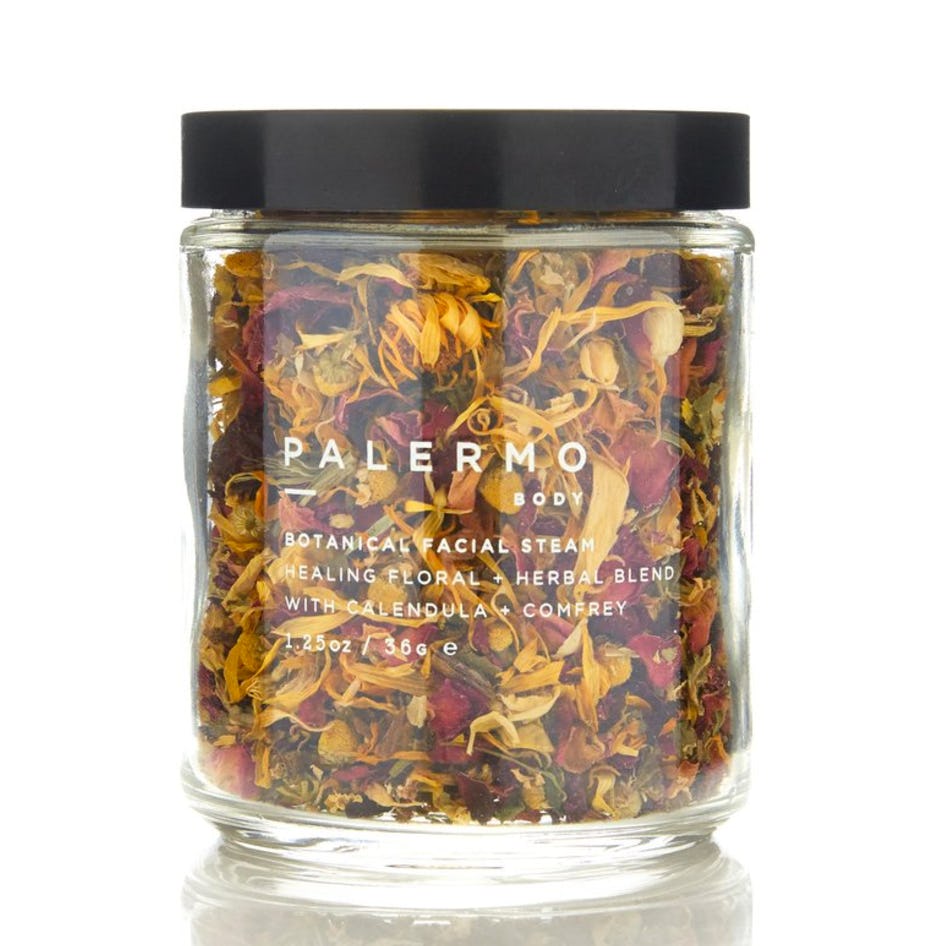
It's Worth Noting: There’s no warm mist option and no automatic humidity control.įor a basic, easy-to-use humidifier for allergies, the Pure Enrichment MistAire Ultrasonic Cool Mist Humidifier offers must-have features at an accessible price point. Why We Like It: It’s a reliable, affordable option for anyone who needs a basic humidifier for allergies. Your runny noses and frequent sneezes don’t stand a chance. We also tested various humidifiers from popular brands like Dyson, Honeywell, and Hey Dewy to share our own personal insights on what makes a humidifier effective for preventing and treating allergies. We asked an allergist and immunologist to explain how a humidifier can help relieve allergy symptoms, and then we used her expert insight to handpick the best humidifiers for allergies. The good news is that investing in a humidifier could help ease some of your allergy symptoms.

However, if you suffer these types of symptoms year-round, you're likely also allergic to indoor triggers, such as pet dander, mold, and dust mites. Seasonal allergies (also known as hay fever and allergic rhinitis) happen when you're exposed to airborne substances, such as pollen, that your body is sensitive or allergic to and that only appear during certain times of the year, according to the American College of Allergy, Asthma, and Immunology. But the best way to protect yourself is to get a flu shot every year before flu season begins, and as with all illnesses, to take care of your immune system by eating a healthy, balanced diet, exercising regularly, and getting enough sleep.If you're experiencing sneezing, dry eyes, scratchy throat, and coughing for what seems like the entire day - and not just when you're outside - chances are you probably have allergies.
Does steam help allergies how to#
How to Treat It: The gold standard for treating the flu is an antiviral drug that your doctor might prescribe it helps to lessen the severity of symptoms and shorten duration of the illness. If you find yourself experiencing any of these symptoms, it’s important to get tested, diagnose your illness, and begin treatment as soon as possible. Ting Ting Wong, an attending physician and infectious disease specialist at NewYork-Presbyterian Brooklyn Methodist Hospital, they share a number of common symptoms: fever, fatigue, cough, sore throat, runny nose, body aches, headaches, vomiting, and diarrhea. Key Symptoms: Even though the flu and COVID-19 are caused by different viruses, says Dr. In fact, for the 2021-22 flu season, the CDC noted an uptick in March after seeing declining cases from mid-December through January. The flu usually peaks between December and February, but it can continue into the spring. Due in part to COVID-19 mitigation efforts, flu activity has been relatively low the last few years. What to Know: The flu, like a cold and COVID-19, is a viral infection. If you have a more severe case of COVID-19, or are at risk for disease progression, ask your doctor about whether antiviral pills, intravenous antiviral drugs, and antibody treatments might be helpful options for you. Always consult your physician to tailor your treatment plan. Over-the-counter antidiarrheal medications can help, especially if stools are watery and episodes exceed eight to 10 a day.

However, ensure that you are well hydrated and not running a high fever before you do this, advises Dr. Breathing in the steam during a hot shower can help ease a sore throat and congestion. Take an over-the-counter fever reducer, such as acetaminophen, every six to eight hours to keep your temperature under 100 degrees. Fever, vomiting, and diarrhea can lead to significant dehydration, which can make you feel worse. How to Treat It: If you have a mild case, it is important to rest and stay well hydrated, says Dr. Judy Tung, section chief of Adult Internal Medicine at NewYork-Presbyterian/Weill Cornell Medical Center, says that Omicron presents with similar symptoms as the previous variants, though more people experience upper respiratory symptoms (sore throat and congestion) as opposed to lower respiratory symptoms (cough, shortness of breath), and fewer people seem to lose their senses of taste and smell. Key Symptoms: Typical symptoms of COVID-19 include headache, sore throat, fever, congestion and runny nose, cough, shortness of breath, muscle aches, severe fatigue, nausea, diarrhea, and a loss of taste and smell, according to the Centers for Disease Control and Prevention (CDC).ĭr.

This latest uptick is fueled by the Omicron subvariant BA.2, as the virus continues to circulate in New York and throughout the country. What to Know: After a steep decline in COVID-19 cases following the Omicron surge in the winter, cases are rising again in the majority of states.


 0 kommentar(er)
0 kommentar(er)
